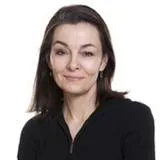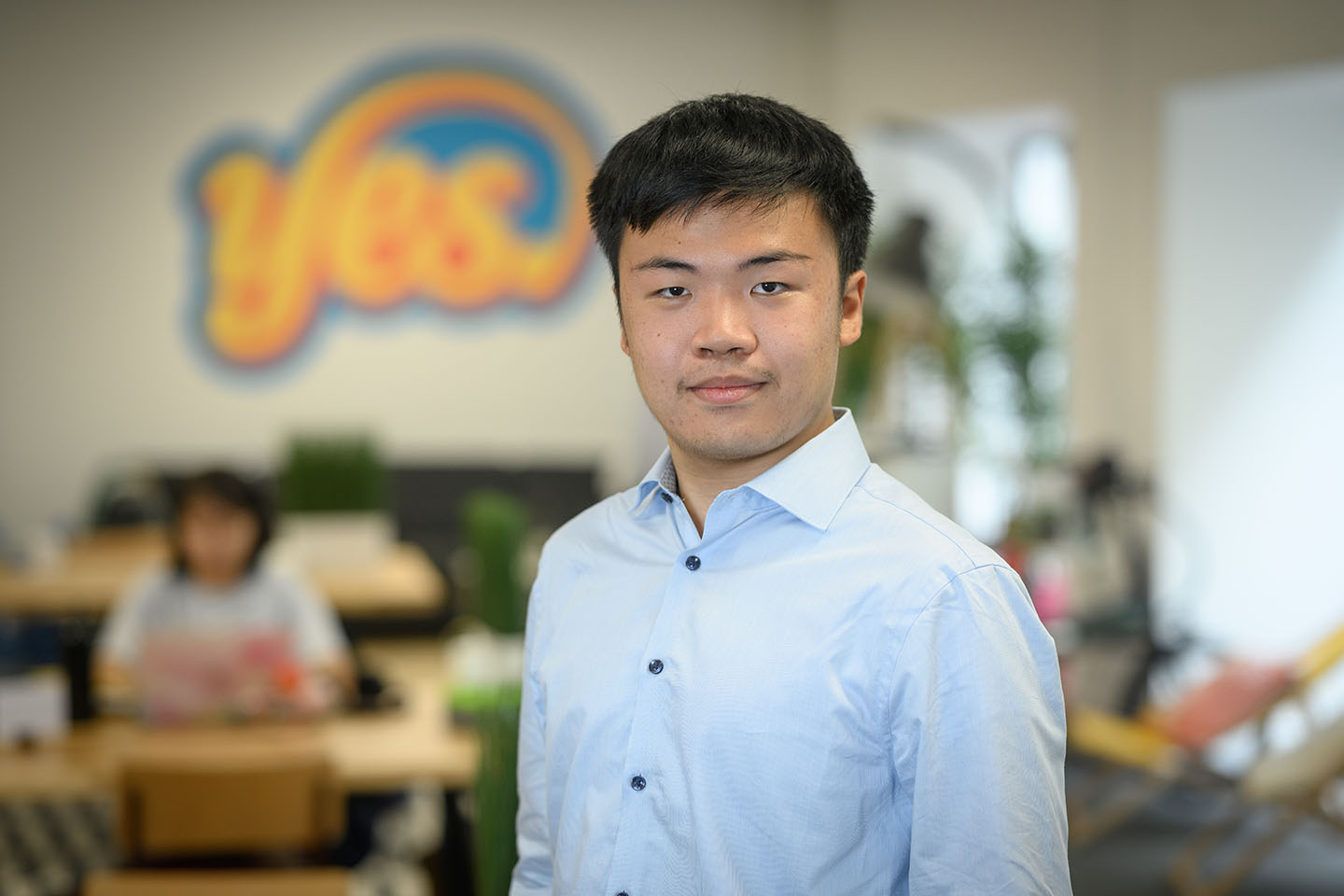Course details
- DepartmentDepartment of Government
- Application codeSS-IR221
Apply
Applications are closed
We are not currently accepting applications for this course. Register your interest below to be notified when applications open again.
Overview
How have global forces shaped Africa’s states and economies—and how will today’s shifting world order define its future? In this course, you will explore the evolution of contemporary Africa, examining the uneven trajectories of nations and regions through the lens of geography, history, geopolitics, and global markets.
You will trace Africa’s place in the global system from the colonial era to Cold War developmentalism, to the neoliberal “Washington Consensus,” and the “Africa Rising” narrative driven by China’s ascent.
Finally, you will contemplate today’s tectonic shifts in global geopolitics and the current polycrisis of climate, geopolitics, and deglobalization.
Through scholarly readings, policy reports, films, debates, and case studies, you will critically engage with these pressing issues, gaining a deeper understanding of Africa’s past, present, and possible futures—while also better understanding the global economic and political shifts since the 1950s.
Key information
Prerequisites: At least one introductory course in either social science (e.g. political science, international relations, sociology, economics), history or law.
Level: 200 level. Read more information on levels in our FAQs
Fees: Please see Fees and payments
Lectures: 36 hours
Classes: 18 hours
Assessment: A mid-term essay of 1,500 words (50%) and a final exam (50%)
Typical credit: 3-4 credits (US) 7.5 ECTS points (EU)
Please note: Assessment is optional but may be required for credit by your home institution. Your home institution will be able to advise how you can meet their credit requirements. For more information on exams and credit, read Teaching and assessment
Is this course right for you?
This course is designed for students in the social sciences who are interested in Africa, economic development, natural-resource-based economies, democracy and democratisation, the politics of social diversity, the global economy, and 20th and 21st-century global changes and challenges.
Students go onto a range of professions in international and global affairs, policymaking, the social sciences, and business careers that engage with global economic change, diversity, and uncertainty.
Classes are incredibly diverse - students come together from many countries, with different academic and personal backgrounds, and different interests in and connections to Africa. We expect lively and enriching encounters around basic questions of economy, governance, political voice and representation, and global justice!
Outcomes
- Understand how changes in global context have influenced patterns of development in African countries since the mid-20th century
- Apply social science theories to explain countries' long-term economic growth paths
- Compare politics and economic outcomes across different African states
- Learn how experts from Africa, the US, Europe, and Asia explain global and African economic policy change
- Link empirical and case-based evidence to general theory, and vice versa
- See experiences of particular African countries in broader continental and global context
Content
Faculty
The design of this course is guided by LSE faculty, as well as industry experts, who will share their experience and in-depth knowledge with you throughout the course.

Professor Catherine Boone
Professor of Comparative Politics (joint appointment with LSE International Development)
Department
LSE’s Department of Government is home to some of the most internationally-respected experts in politics and government, producing influential research that has a global impact on policy development. The Department ranked 5th in the world for Politics in the QS World University Rankings by Subject 2025.
With a strongly cosmopolitan character, alumni can be found in the world's leading political science departments, as well as in journalism, commerce, central and local government, and non-governmental organisations globally. A long-standing commitment to remaining at the cutting edge of developments in the field ensures that students within the Department are equipped with the necessary analytical skills to tackle the world’s most pressing problems.
Join our mailing list
Join our mailing list to be notified when applications open for next summer.
Apply
Applications are closed
We are not currently accepting applications for this course. Register your interest below to be notified when applications open again.
